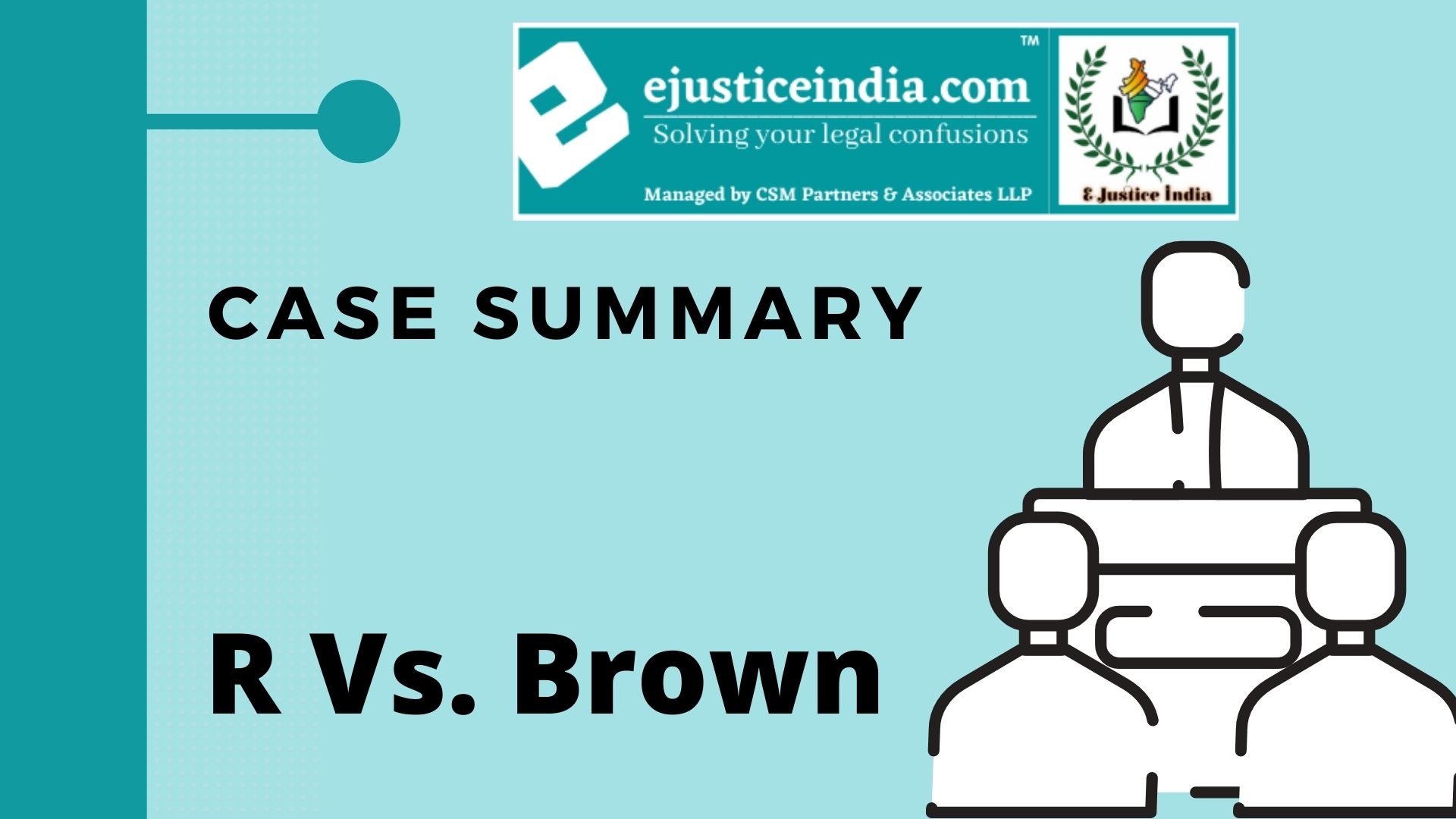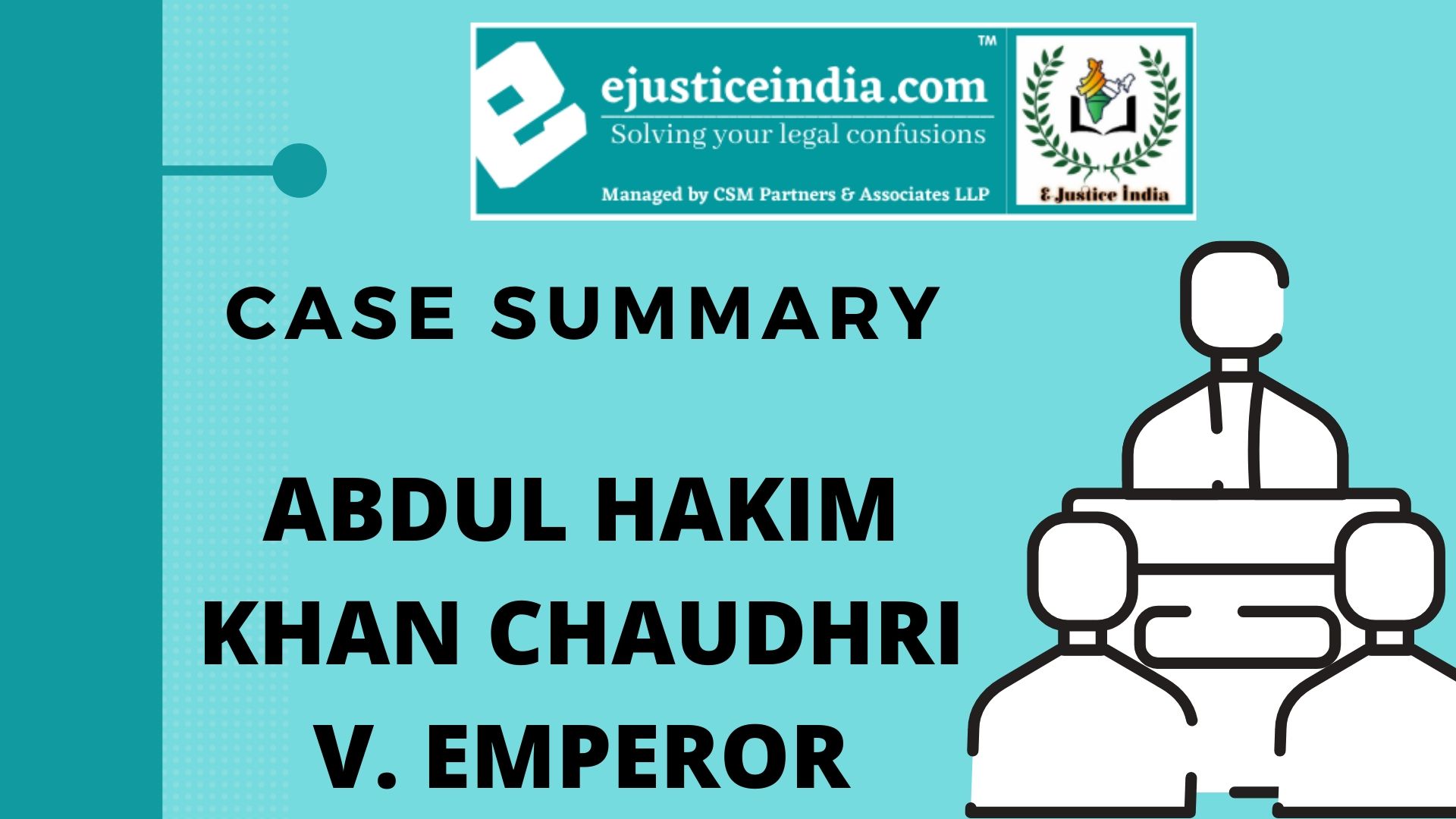Case Summary : Arjun Arora vs. Emperor (1937)
Arjun Arora vs Emperor (1937)
Author : Sreelakshmi M A
- CITATION: AIR 1937 All 295
- BENCH: Ganga Nath, J.
INTRODUCTION
In this case of Arjun Arora vs Emperor (1937), the accused have said to be done an offence against the state under section 124 A of IPC i.e., sedition. The section states “any person by words, either spoken or written, or by signs, or by visible representation, or otherwise, brings or attempts to bring into hatred or contempt, or excites or attempts to excite disaffection towards the government established by law in India”. Such a crime can be punished with imprisonment extendable up to life time and fine.
In this case, the accused appellant was convicted for 6 months rigorous imprisonment and hence he made this appeal to the Allahabad high court.
FACTS
The accused appellant made two speeches at a meeting on the same day eon 1936 September 13. In that speech he made statements against the state, which comes as an offence under section 124 A of IPC.
There was a strike by the workers against the mill owners. So a meeting was held in 13th September 1936, to pass a resolution of sympathy with the strike. The made an amendment to the resolution for the betterment of workers. The appellant intended to change the words ‘reasonable demands’ into ‘demands formulated by the Strike Committee’. Both of the speeches were about these amendments as per the contention of the appellant. In the speech the appellant used the word imperialism and that made the confession.
ISSUES AND FACT OF LAW
The main issue to be discussed in this case was whether any part of the speech amounts to sedition as alleged by the prosecution?
Section 124 A of IPC states that “any person by words, either spoken or written, or by signs, or by visible representation, or otherwise, brings or attempts to bring into hatred or contempt, or excites or attempts to excite disaffection towards the government established by law in India shall be punished with imprisonment for life and fine, or imprisonment which may extend up to three years with fine.
Since the words used by the appellants were not with an intention to make a statement against government, and also that, just to suggest some other form of government cannot bring a meaning that the present government is bad it was difficult to prove the allegation of prosecution.
JUDGEMENT
It was held by the court that the speech is long away from the offence of sedition and hence the appeal was allowed and conviction of appellant was set aside by the high court.


